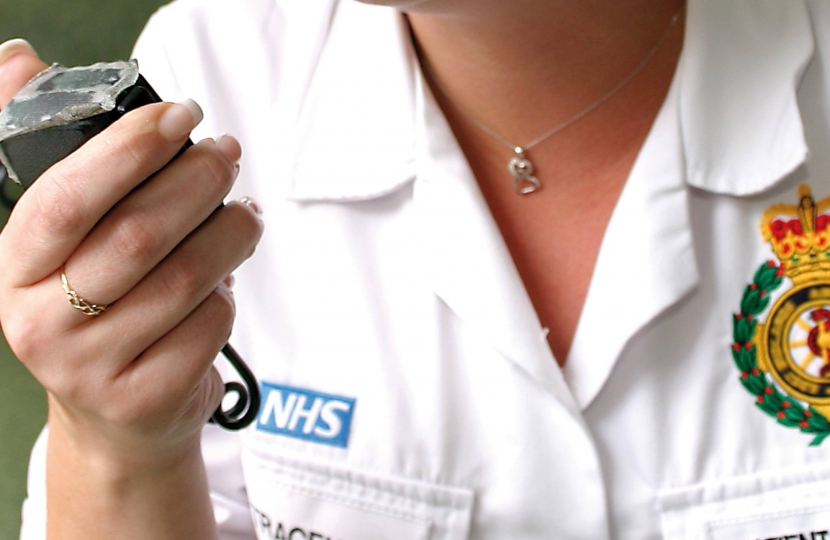
Over the last year or so I have written a number of columns on the NHS and local NHS services which are so important to us all here in Nuneaton.
My comments today have been prompted by yesterday’s national news story about hospital Private Finance Initiative (PFI) projects. Many of you will know that here locally we have a large PFI hospital in Coventry (UHCW). The PFI model is basically founded on the premise that the private sector will build and then maintain a hospital over the period of its PFI contract.
In effect the PFI means that whilst the NHS run clinical services at such hospitals, other services such as maintenance, cleaning and car parking are run by the PFI companies. This, in principle, is not an unreasonable model.
However, the problem centres on this finance system’s inflexibility. For example, if a hospital wanted to open a new ward the hospital trust must do this through the PFI company. If they want to close a ward the hospital trust still has to pay the PFI provider for things such as maintenance and cleaning even for that closed ward because of the contract.
The inflexibility is made worse by the huge contractual cost of providing simple services: there have been notorious examples of lightbulbs being changed at the exorbitant cost of £400 each.
I have been working with a group of backbench MPs in Parliament who have questioned these PFI contracts. As a result, the Treasury has reviewed the whole PFI process and estimates that £1.5 billion of tax payers’ money will now be saved.
I am proud to have been part of that achievement. However, these savings represent a small drop in the ocean compared to the overall PFI situation. Figures from the Department of Health show yearly bills are forecast to rise by 75% to more than £2.5bn in the next 18 years, mainly because of inflation.
It means that once the last PFI scheme is paid off - in 2049 - more than £70bn will have been handed over despite the value of the building projects being £11.4bn. Even taking into account the maintenance and other services this is a huge amount.
For some time now, I have voiced concerns over this unsustainable financing method undertaken by the previous Government, particularly in relation to its local effect.
These figures just released by the Government show that 22 hospital trusts in the UK including UHCW are at financial risk because of the spiralling costs of these PFI contracts. UHCW has a PFI contract of £379 million.
Over many months my suspicion has been that the University Hospital in Coventry has been financially draining the Warwickshire health economy. From this latest information I suspect that my suspicion may be correct.
I am convinced that the 2005 Acute Services Review was based on the underlying need to bankroll the UHCW’s PFI.
Who knows: the subsequent changes including the loss of Bramcote Hospital and the Avenue Clinic may well have been avoided? Is it the reason why UHCW were allowed to subsume Rugby St Cross Hospital and downgrade services there?
What I do know is that the local NHS bureaucrats and the previous Labour Government should have been more upfront with the people of Nuneaton and North Warwickshire. They should have explained – well before the hospital was even built - what the potential consequence for centralisation of services UHCW might cause.
Alas, the people of Nuneaton and North Warwickshire are left to pick up the pieces.
I can assure the good people of Nuneaton that unless there is a cast iron clinical argument I will fight any further proposals for reductions in local services that the PFI legacy is likely to cause in Warwickshire.



